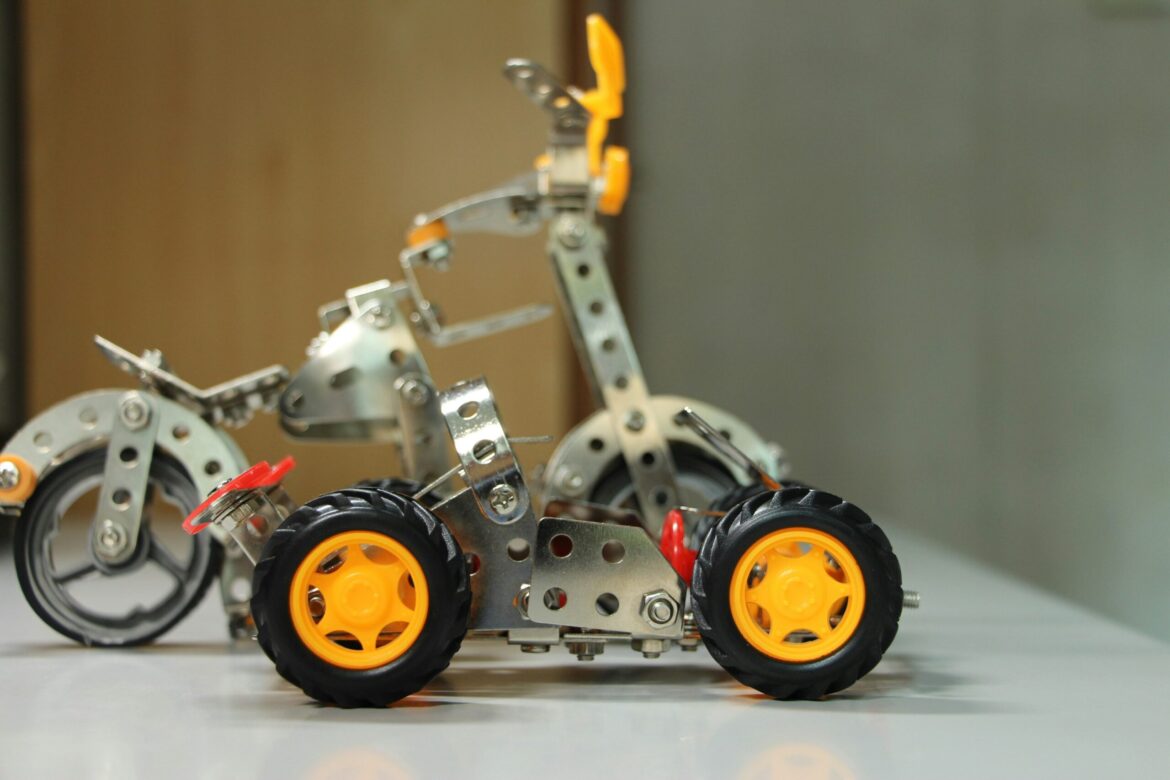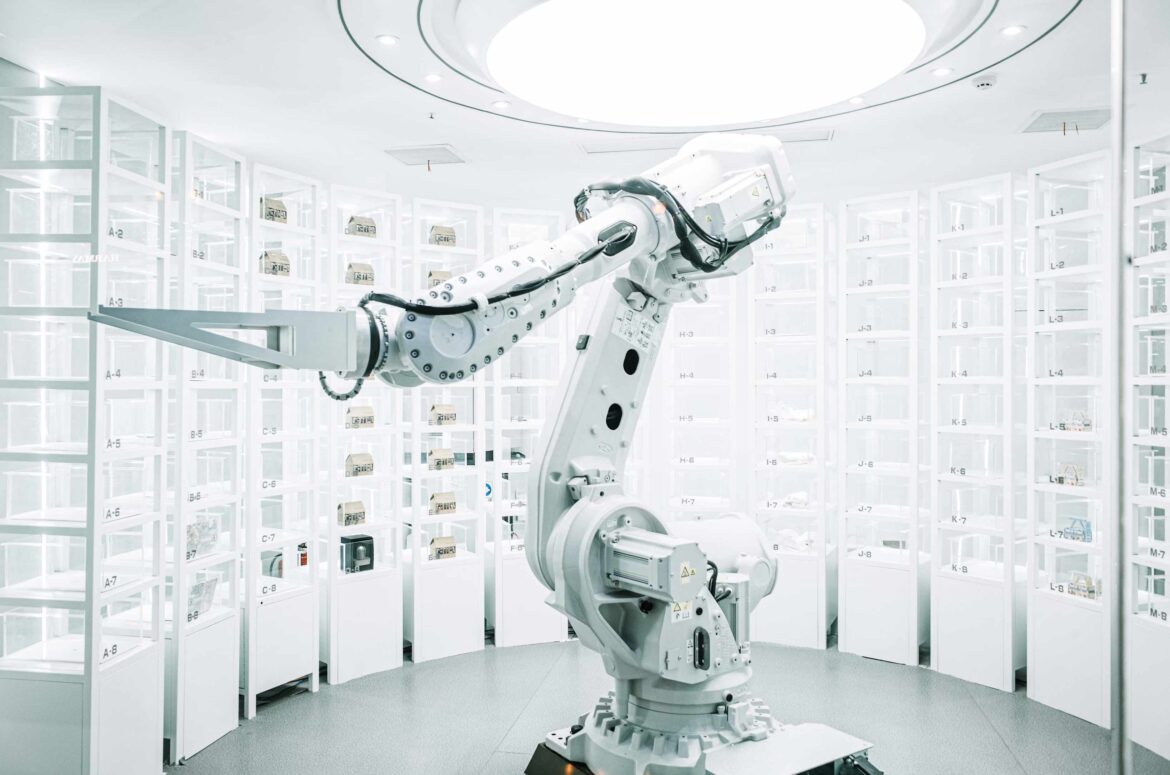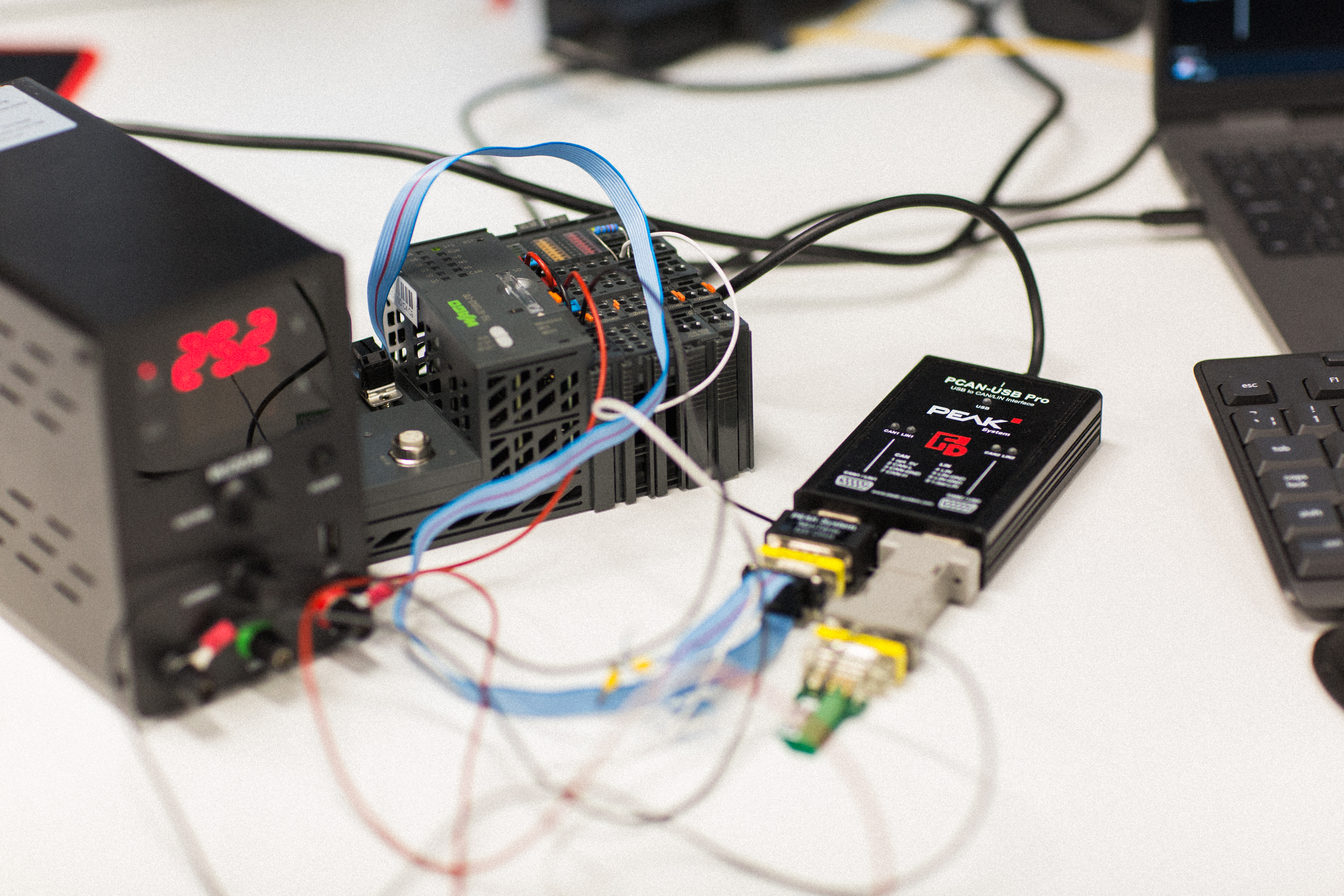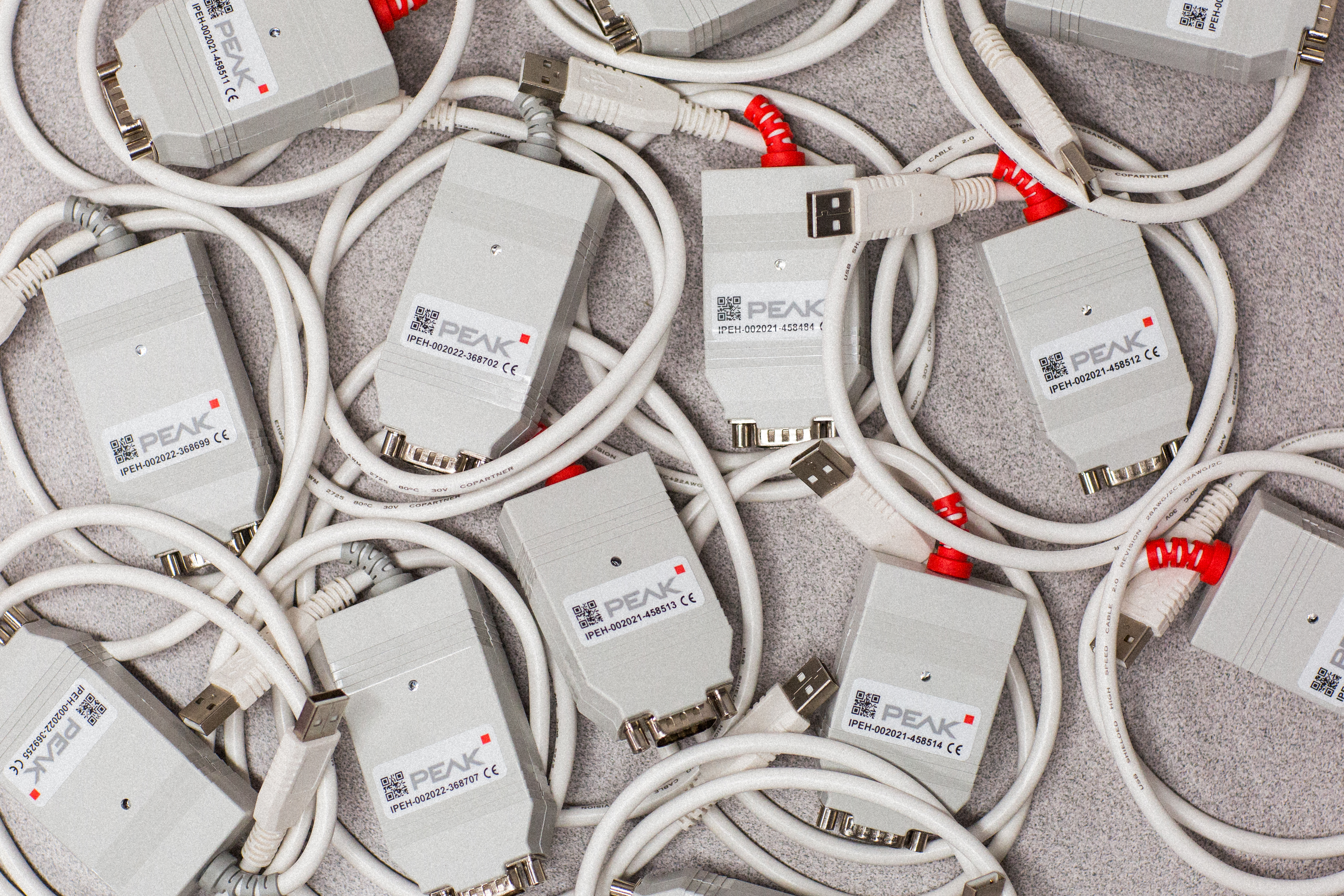Why CAN-Bus Matters
In today’s rapidly evolving industries, from eMobility to off-highway vehicles, efficient and reliable communication between machine components is essential. Enter CAN-bus (Controller Area Network), a technology that has become the backbone of modern machinery. Since its introduction in the 1980s, CAN-bus has revolutionised machine diagnostics, control, and communication, enabling seamless interoperability and real-time data exchange.
As industries push towards digital transformation, understanding the significance of CAN-bus technology is crucial for optimising operations and embracing the future of machine connectivity.
What Is CAN-Bus Technology?
CAN-bus is a robust, two-wire communication protocol that allows multiple electronic control units (ECUs) within a machine to communicate efficiently without the need for a central computer. Designed to handle harsh environments, it is particularly well-suited for industries like automotive, agriculture, and construction.
Key Features:
- High Reliability: Built to withstand electrical noise and extreme conditions.
- Real-Time Communication: Ensures critical data is exchanged without delay.
- Cost-Effective: Reduces wiring complexity, lowering costs and weight.
- Scalable: Supports a wide range of applications, from small machines to complex networks.
Applications of CAN-Bus Technology
eMobility
In electric vehicles (EVs), CAN-bus facilitates communication between key systems such as battery management, motor controllers, and safety features. This ensures seamless integration and optimal performance.
Off-Highway Vehicles
From tractors to excavators, CAN-bus enables precise control of hydraulics, engines, and sensors, enhancing efficiency and reducing downtime in demanding environments.
Industrial Automation
Factories utilise CAN-bus networks to synchronise robotics, monitor processes, and maintain safety standards. The protocol’s reliability is critical in high-stakes manufacturing environments.
Smart Home Systems
As industries embrace IoT, CAN-bus technology is finding its way into smart home systems, enabling real-time control and data sharing between devices for enhanced functionality.
Did You Know? CAN-bus is so reliable that it’s the standard protocol used in aerospace and medical equipment, where failure is not an option.
Benefits of CAN-Bus Technology
1. Interoperability
CAN-bus allows multiple devices from different manufacturers to communicate seamlessly, enabling flexible and scalable systems.
2. Simplified Diagnostics
With its ability to centralise data, CAN-bus makes it easy to identify and troubleshoot issues, reducing downtime and maintenance costs.
3. Enhanced Safety
Real-time communication ensures critical systems respond instantly, enhancing operational safety in vehicles and machinery.
4. Longevity and Scalability
Its robustness and adaptability make CAN-bus a future-proof solution, capable of integrating with emerging technologies like AI and IoT.
The Role of Control Technologies UK Ltd
At Control Technologies UK Ltd, we specialise in leveraging CAN-bus technology to deliver cutting-edge solutions for our clients. With over eight years of experience, we’ve helped industries harness the power of CAN-bus for:
- Diagnostics: Advanced tools to monitor and analyse machine performance.
- System Integration: Seamlessly connecting components for optimal functionality.
- Custom Solutions: Tailored designs that meet specific industry needs.
Our expertise spans eMobility, off-highway vehicles, and industrial automation, ensuring our clients stay ahead in a competitive market.
Ready to unlock the full potential of CAN-bus technology? Contact us to discuss how we can support your projects.
The Future of CAN-Bus Technology
As industries continue to evolve, so does CAN-bus. Here’s what the future holds:
AI and Machine Learning
Integrating AI with CAN-bus networks will enable predictive maintenance, smarter diagnostics, and enhanced automation.
IoT and Cloud Connectivity
Combining CAN-bus with IoT will allow real-time data to be shared with cloud platforms, opening up new possibilities for remote monitoring and analytics.
Electrification
In the push towards electrification, CAN-bus will remain critical for managing the complex systems within EVs and hybrid machinery.
Cybersecurity
As connectivity increases, so does the need for secure communication. Innovations in encryption and authentication will ensure CAN-bus networks remain safe from cyber threats.
Conclusion
From enabling seamless communication to driving innovation, CAN-bus technology has proven itself as the backbone of modern machinery. As industries embrace electrification, IoT, and AI, CAN-bus will continue to play a pivotal role in shaping the future of automation and connectivity.
At Control Technologies UK Ltd, we’re committed to helping businesses harness the power of CAN-bus for a smarter, more connected future. Whether you need diagnostics, system integration, or custom solutions, our team has the expertise to deliver.
Discover how CAN-bus can transform your operations. Contact us today!







